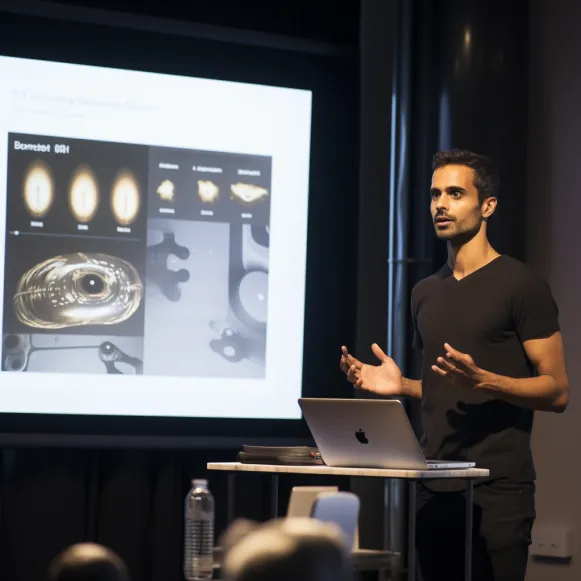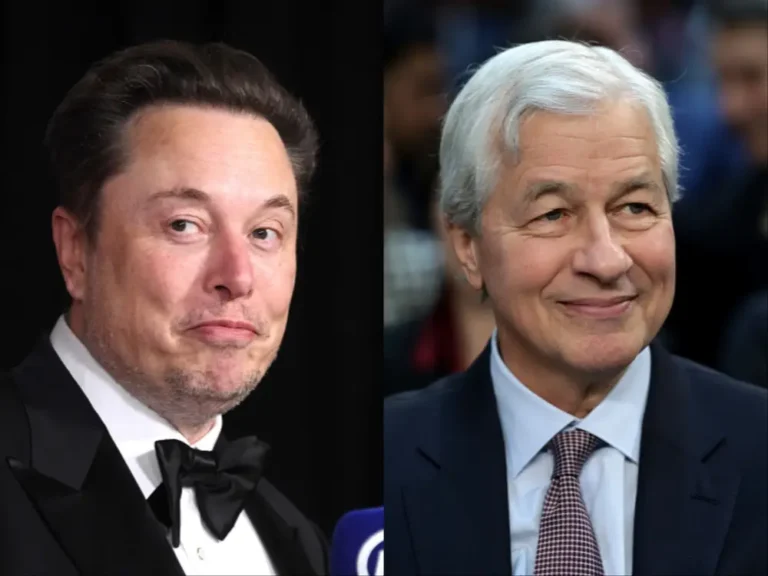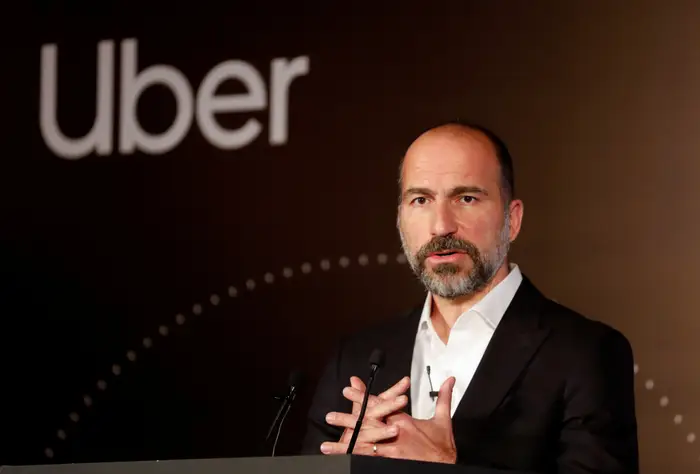Generative Engineering wants to simplify the design of physical products. It just raised $4 million with this 12-slide pitch deck.

- Seed funding for Generative Engineering has totaled $4 million.
- The London-based startup aims to make physical product design easier.
- The 12-slide pitch deck used to raise the new funds is available below.
Generative Engineering, a startup that aims to simplify physical product design, has raised $4 million in new funding.
The London-based startup, founded in 2021, has created a platform to reduce the time and resources spent on physical engineering iterations.
In essence, building things is difficult, time-consuming, and costly. The platform of the startup allows engineers to generate thousands of design options and test them in real time, allowing for parallel design iteration.
The company believes that its product can help businesses save years lost due to poor design decisions.
“Modern physical products like electric vehicles, drones, and energy systems are becoming increasingly complex at a systems level,” said Joe Griston, CEO and cofounder of Generative Engineering.
“However, many of the tools we use to design these products were designed for individual parts based on decades-old software architectures.”
“These tools and the processes which have evolved around them can’t keep up with this complexity or the demand for new solutions, particularly in the context of finding solutions to combat climate change.”
EQT Ventures and Join Capital led Generative Engineering’s funding round. Raising capital in a challenging market was “tough, but enjoyable,” according to Griston.
“Risk tolerance is definitely low right now.” “SVB significantly exacerbated this,” he added.
“A good understanding of the challenges and opportunities of the physical engineering industry was critical in our process which added to the challenge as it has not traditionally been a hot investment topic.”
The new funds will be used to expand the company’s team and product. Prior to launching Generative Engineering, many of the company’s founders worked at the now-public British electric vehicle manufacturer Arrival.




